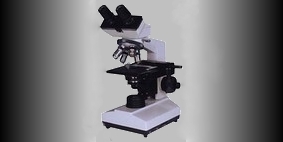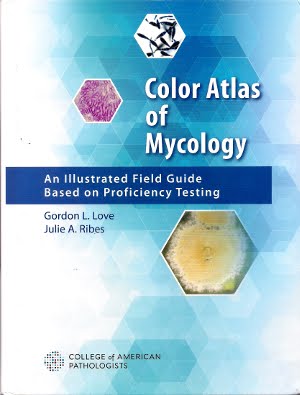Parasite (Flagellate)
A relatively common flagellate which may be overlooked or unrecognized during examination of fecal specimens for parasites. This organism is found worldwide in both warm and temperate climates. Its detection in fecal specimens does not seem to be related to gastrointestinal illness although it is often recovered from diarrheic stools. Trichomonas hominis is considered to be non-pathogenic.
As with Trichomonas vaginalis, there is no known cyst stage therefore it must be acquired by ingesting the trophozoite directly. The troph probably survives the acid stomach environment by ingestion along with some protective substance such as milk. After passing through the stomach, they tend to take up residence in the cecal region of the large intestine where the feed on bacteria.
Trophozoites are about 5 to 15 µm by 7 to 10 µm in size and are roughly pyriform in shape. As with Trichomonas vaginalis, they have both an axostyle and undulating membrane, which helps to differentiate them from other fecal parasites that may be present. The undulating membrane extends the entire length of the body, in contrast to that of Trichomonas vaginalis.
Diagnosis; In freshly passed stool they may be recognized by motility provided by the characteristic movement of flagella and rhythmic beating of the undulating membrane. These rather small organisms are difficult to see in the fresh specimen and are easily overlooked in stained preparations.
Both Trichomonas hominis and Trichomonas vaginalis are site specific in that neither can survive in the other’s environment. Attempts to transplant T.hominis into the vaginal were unsuccessful.
While prevalent worldwide, it is recovered with greater frequency in warmer climates and from children more than in adults. Prevention is by interrupting transmission which is accomplished though increased hygiene and improved sanitary conditions. Treatment is not warranted.
 Trichomonas hominis in stool specimen (Iron-hematoxylin stain x1000)
Trichomonas hominis in stool specimen (Iron-hematoxylin stain x1000)(Click on image to enlarge for better viewing - 1024 X 768 px)
Return Home (Most Recent Posts)

.jpg)























